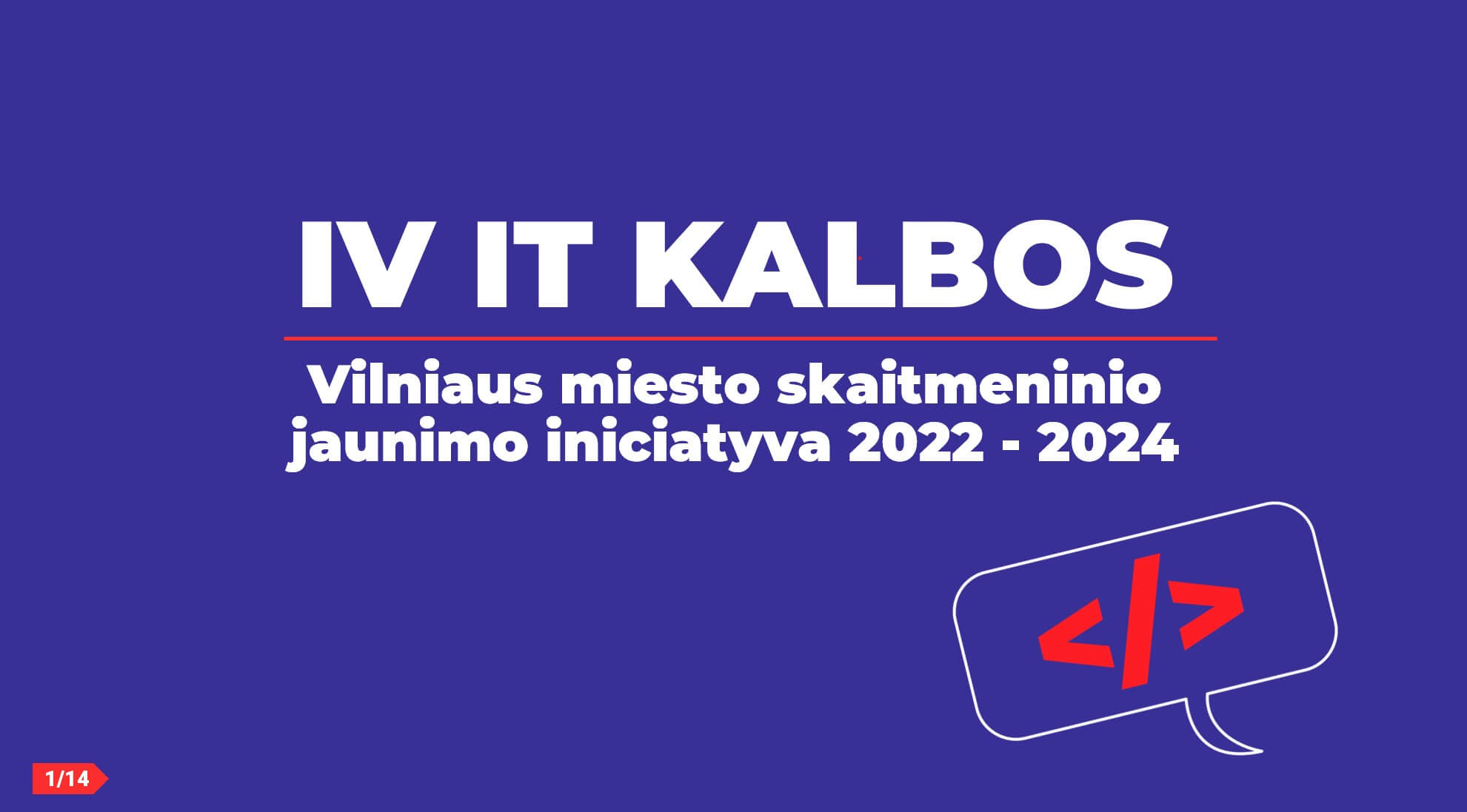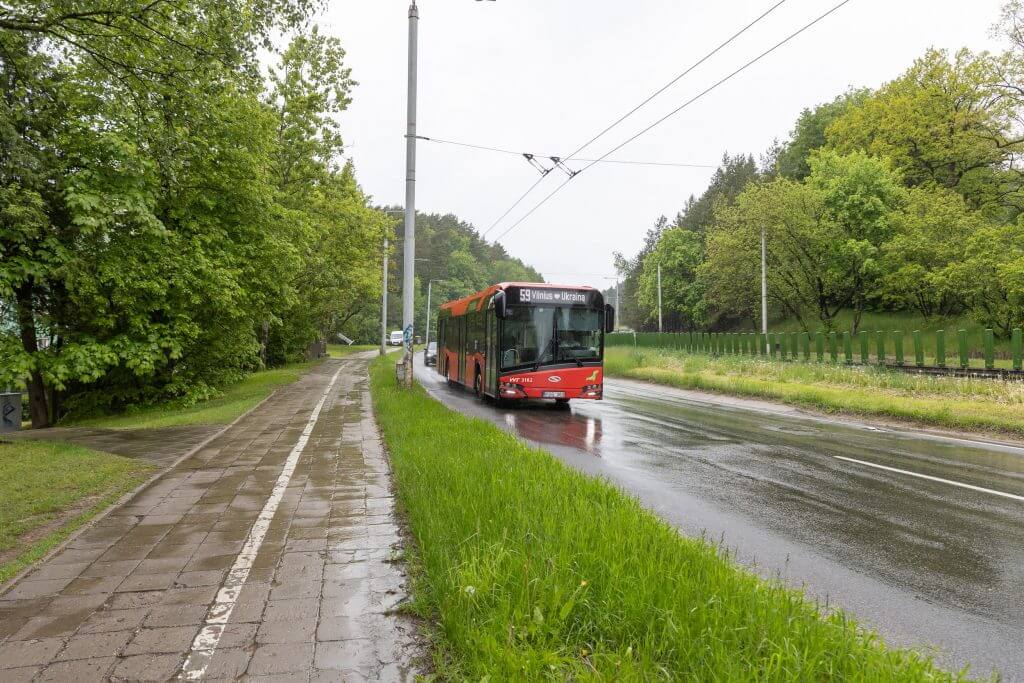Most people think of information technology (IT) as programming, which narrows children’s choice of technology. Over the winter, four schools in Vilnius started learning about digitalisation and even started deleting data about themselves from the vastness of the internet after a computer safety lesson. The aim is for students to be proficient in at least three languages: their mother tongue, a foreign language and an IT language when they receive their school-leaving certificate. “Programming is important, but it is only one very small element of the IT field,” says Eglė Radvilė, PhD in Engineering Informatics and Head of Intelligent Solutions and Data Management at Vilniaus Planas, the company that is curating the IV IT Languages project, who also says that learning an IT language develops the students’ strategic thinking. Knowing IT will definitely make a young person’s life easier. Understanding IT language covers four different areas: computer security, device management and programming, e-sports, or even the “personalisation” of goods and services through design. According to Radvilė, the digitisation of an individual industry or an entire city’s economy cannot be limited to the creation of technology. The aim is also to develop the people who will be the users of these technologies. Preparation for future innovations should start at school. The aim is to make young citizens of Vilnius innovative. This is what will determine the future well-being of the society that today’s students will create,” says Dr. E. Radvilė.
160 students attended IT language classes
IT language training started in February this year. The first of the four modules – “Computer Safety” – was taught in four general education schools in Vilnius. 160 pupils from the first to the second year of gymnasium attended the module in these schools. Those who have completed the first module have three more “IT Language IV” modules to complete. According to Aida Mikalauskienė, Head of the Precision Science Education Department at Žirmūnai Gymnasium, as many as 90 pupils have been learning computer safety in the gymnasium. Although some of the information was already known to the students, the topic of safety is always relevant, so the project will make the students more responsible, cautious and safer. The computer safety lessons covered cryptography, data security on the internet, social engineering, ethical breaches in cyberspace or even the application of cyber safety in a pandemic. “The computer security module is quite easy, but some of the topics surprised the students. They were particularly engaged in the tasks related to bitcoins and other virtual currencies. In addition, after entering their names, they actively checked the information on the Internet, wondering whether their data had been captured on different websites, and some of them even deleted information about themselves,” said Darius Šimkus, a teacher of information technology at the Vilnius Lyceum, with a smile.
Could become a permanent lesson
According to a teacher at the Vilnius Lyceum, this course could be an elective in the future. Individual modules could be taught in existing lessons or clubs – a kind of knowledge bank or support for teachers who want to give children additional tasks. Pupils have different levels of preparation, so the lessons provide information at different levels. In the spring, the first year of grammar school was taught, but some modules of the project could also be taught to eighth-graders. In the autumn, we will have programming, and if we see that some students do particularly well, they could take additional modules from the project alongside the general curriculum. “We will develop the modules and aim to have them taught in schools – to make them permanent lessons like English or maths. Whether IT language teaching becomes a compulsory or optional lesson depends not only on the project’s promoters, but also on the position of the Ministry of Education, Science and Sport,” said Dr Radvilė. Knowing an IT language does not mean that a student will actually choose programming. They can be whatever they want to be, but the quality of life should be better for someone who knows IT.





